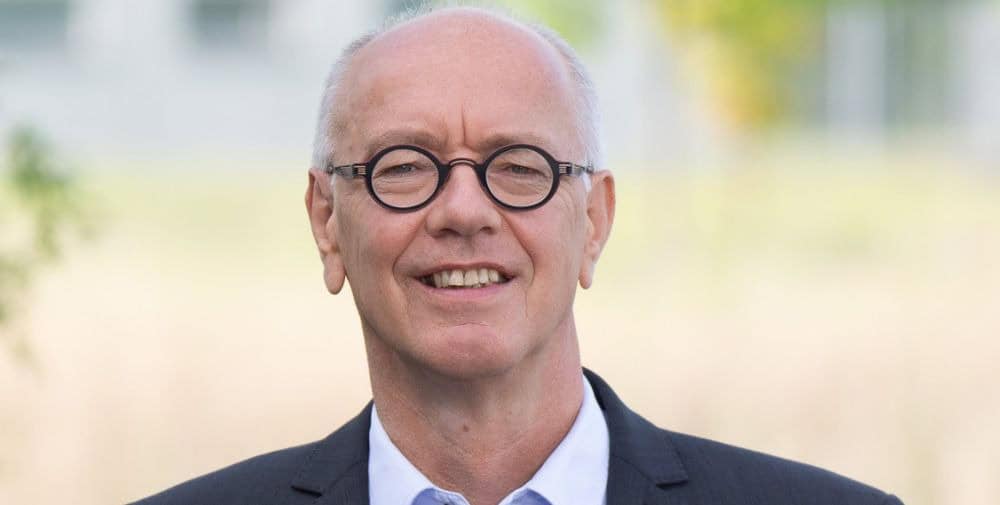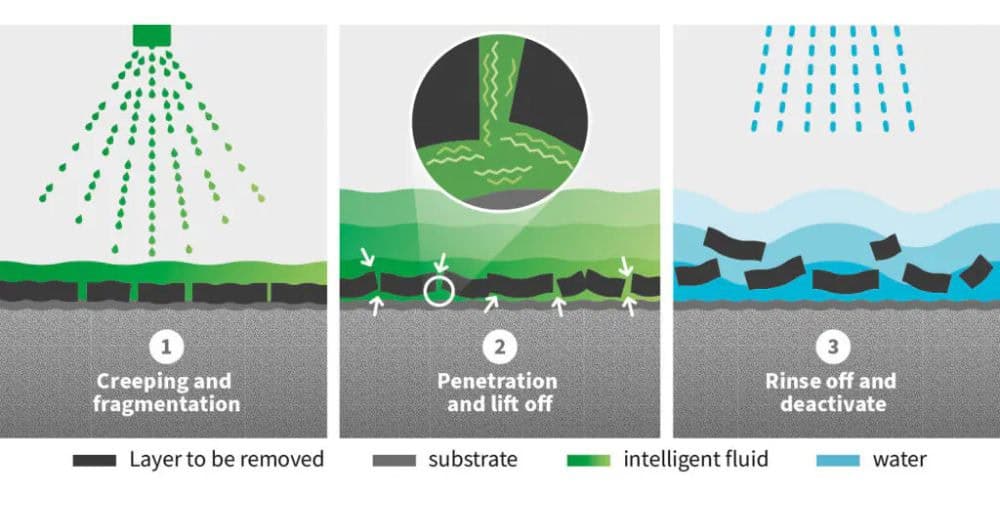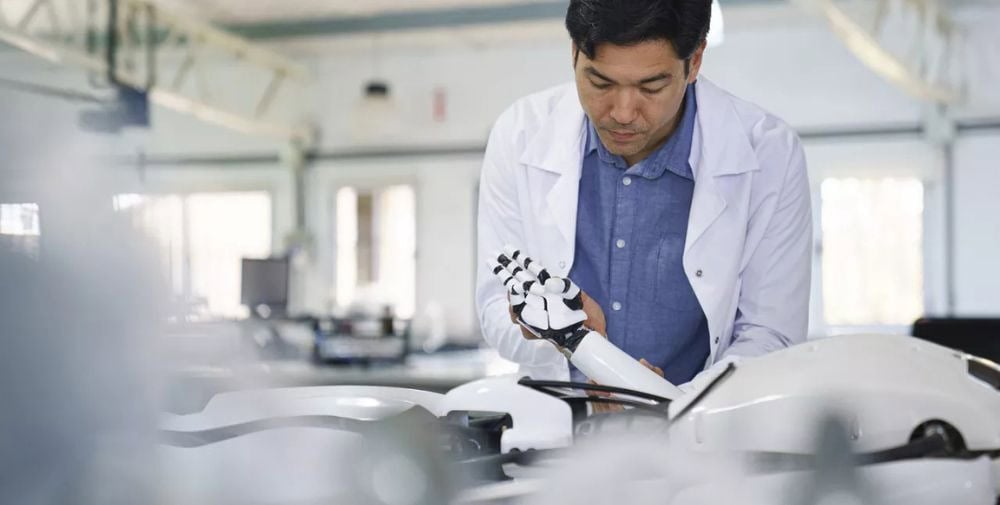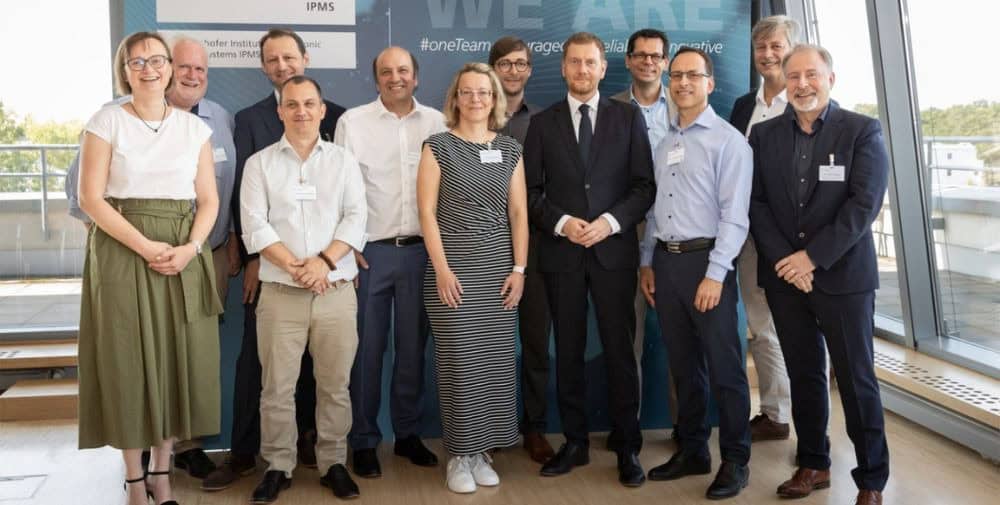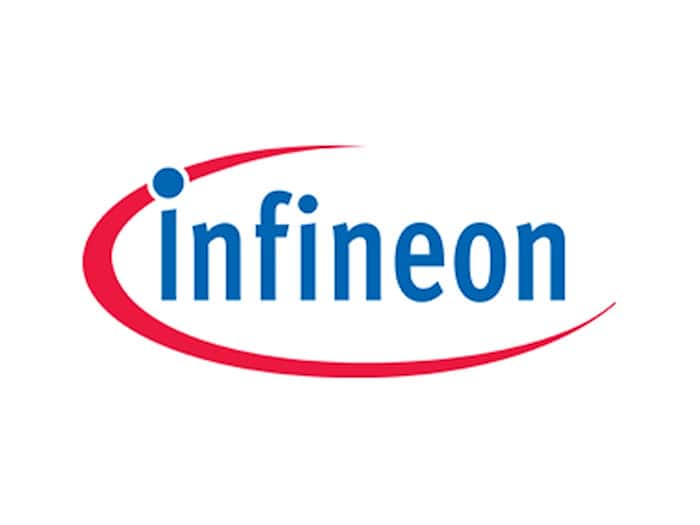
The first building is scheduled to be ready for operation at the beginning of 2026. Further expansion will be based on market demand and can be designed flexibly. All expenditure for the new site is already included in the company’s investment forecast for 2025. The project is supported by the Thailand Board of Investment (BOI). In view of global climate protection efforts and the resulting increase in demand for power modules, for example for industrial applications and renewable energies, the new, highly automated fab will play an important role in diversifying Infineon’s manufacturing landscape.
“Decarbonization and digitalization are strong structural growth drivers in the semiconductor industry. We are building a state-of-the-art back-end manufacturing facility in Thailand to meet future customer demand and strengthen supply chain resilience. The investment is an important step to further diversify our back-end manufacturing strategy, optimize costs and align with the expansion of our front-end capabilities,” said Rutger Wijburg, COO of Infineon. “Our new back-end site is designed for high efficiency, stability and quality, so that our customers are always reliably supplied with high-quality products.”
“The Thailand Board of Investment welcomes and supports Infineon Technologies’ decision to invest in a new back-end manufacturing facility in Samut Prakan, Thailand. This strategic move underlines the importance of the close and reliable partnership between Infineon and the Thai government and the mutual confidence in Thailand’s business environment and growth potential. In conjunction with the formation of the National Semiconductor and Advanced Electronics Policy Committee in December 2024, Infineon’s investment will significantly enhance the regional semiconductor industry and ecosystem. Thailand is positioning itself as a key player in the global semiconductor industry. We are committed to supporting the development of Thailand’s electronics industry and the successful expansion of Infineon’s footprint in the region,” said Narit Therdsteerasukdi, Secretary General of BOI.
Infineon will help build a robust semiconductor ecosystem in Thailand – which is centrally located in Southeast Asia – encompassing all major semiconductor components and materials. Infineon will strengthen the local microelectronics environment by partnering with local companies and institutions and training a skilled workforce. In addition, Infineon will work closely with universities and local start-ups to help build a talent pool of highly skilled professionals for semiconductor development. Comprehensive training and education programs have already been developed to structurally improve skills in the areas of artificial intelligence, digitalization and automation. The first group of Thai engineers has already successfully completed this training program at other locations.
Infineon is consistently pursuing its goal of becoming climate-neutral by 2030. The continuous reduction of the carbon footprint along the entire value chain is a strategic priority for the company and at the same time an integral part of the planning and construction of the new production facility. The new site will be equipped with solar modules and thus generate its own electricity from renewable energy sources. In addition, Infineon will work closely with local energy suppliers to ensure a reliable and environmentally friendly energy supply.
About Thailand Board of Investment (BOI)
The Thailand Board of Investment (BOI) is a government agency under the Prime Minister’s Office. Its mission is to promote valuable investments in Thailand through promotional activities, support services and business integration and networking.
About Infineon
Infineon Technologies AG is a leading global provider of semiconductor solutions for power systems and the Internet of Things (IoT). With its products and solutions, Infineon is driving decarbonization and digitalization. The company has around 58,060 employees worldwide (end of September 2024) and generated sales of around 15 billion euros in the 2024 financial year (end of September).
– – – – – –
Further links
👉 www.infineon.com
Photo: Infineon
